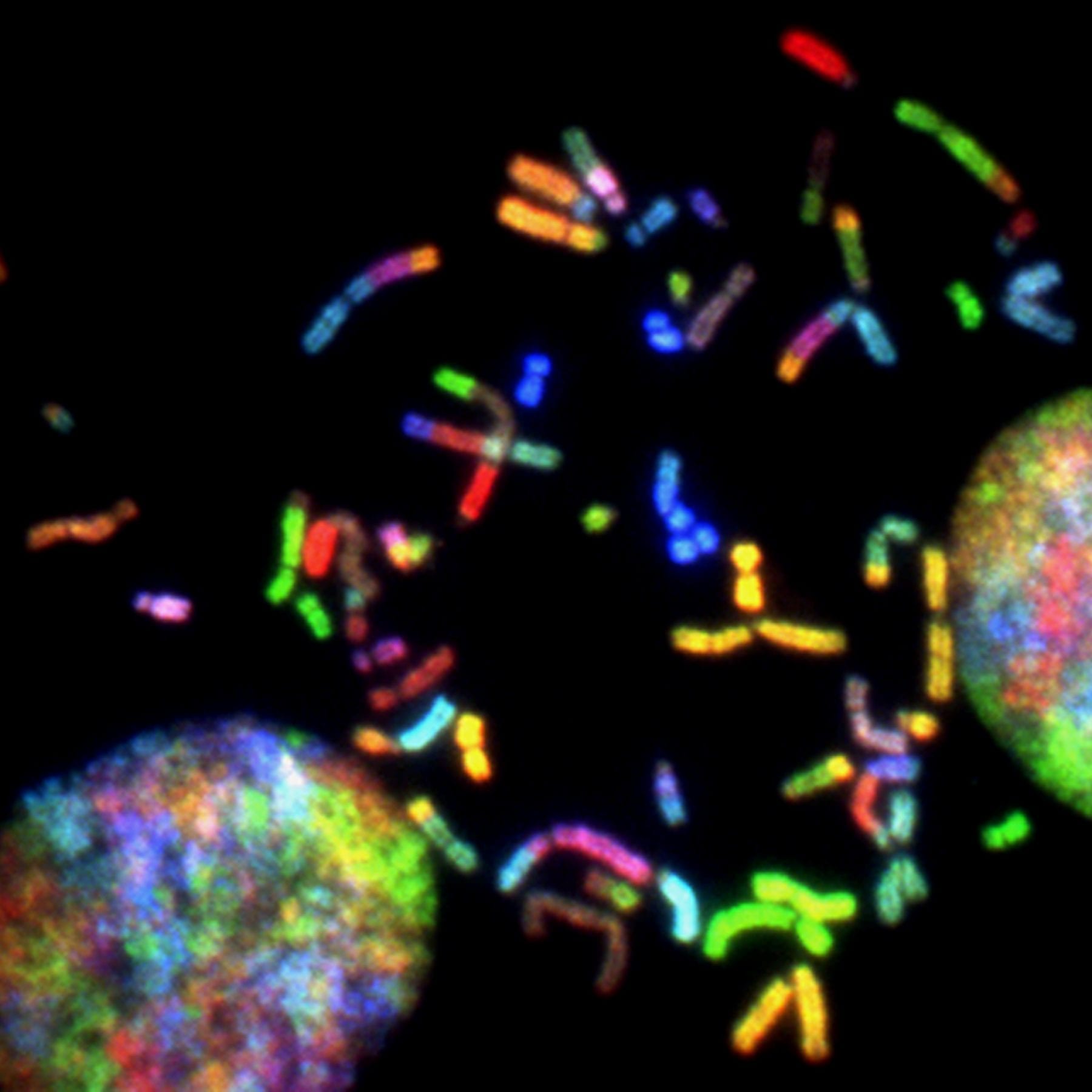How to Prevent Miscarriage 11 Tips
The majority of miscarriages are due to genetic abnormalities developed in the fetus. Unfortunately, miscarriages caused by genetic abnormalities can’t be prevented. However, there are other causes of miscarriages. Thus, there are various tips and methods you can take into action for preventing miscarriage.

1. Avoid Unprotected Sex
Having safe sex is generally not a notion that’s directed towards pregnant women, or women trying to get pregnant; Nonetheless, contracting sexually transmitted infections (STIs) such as gonorrhea and chlamydia is one of the ways miscarriages occur. STI’s can also cause other pregnancy complications:
- Neonatal Death
- Ectopic pregnancy
- Infertility
- Stillbirth
If you’re sexually active, you’re at risk of contracting an STI. There’s a screening for prenatal care, but it’s recommended that you get tested for STIs before you start trying to conceive, especially if there if you have more than one sexual partner in your relationship. People with multiple partners are strongly urged to use condoms, even while pregnant.
2. Avoid Environmental Factors
Exposure to smoke while pregnant increases the risk of pregnancy loss and may lower the chance of having a healthy pregnancy. There are other harmful substances that can be found in your home(s) as well.
- Second hand or first-hand smoke from cigarettes
- Air pollution from nearby factories, and carbon emissions
- Bug sprays for killing pests and other vermin
- Lead found in old homes built before 1980
3. Monitor Your Hormone Levels
Taking progesterone supplements during your first trimester could improve the odds of miscarriage. According to a 2015 study from the New England Journal of Medicine, giving progesterone to women with unexplained miscarriages, did not show a significant difference in giving live births. Nevertheless, progesterone supplements would have been helpful if not for an underlying issue.
Estrogen is important during your luteal phase, which occurs after ovulation. During this phase, the ovaries produce the estrogen hormone, which signals your body to grow the lining of your uterus. An early miscarriage can result if your ovaries are unable to produce enough progesterone, or the lining of the uterus is unresponsive. You can use the Mira Fertility Tracker to help learn your changing hormone for an accurate ovulation prediction specific to you. Mira is launching Estrogen and Progesterone Wands soon that will work perfectly with a current Analyzer.
4. Genetic Abnormalities
Genetic abnormalities are responsible for over half of the miscarriages that happen during the first trimester of pregnancy. Genes that determine your baby’s genetic traits such as hair and nose shape are stored in the chromosomes. When chromosomes are damaged, or there are more or less than 23 pairs, a fetus won’t be able to develop properly.
Fortunately, according to the American College of Obstetricians and Gynecologists, if you’ve had a previous miscarriage because of chromosomal abnormalities, then you have a much lower chance of recurrent miscarriage chromosomal abnormalities.

5. Protect Yourself from the Flu
Catching the flu during pregnancy may feel really uncomfortable, but it’s not likely to result in a miscarriage. However, a fever accompanied by a temperature that’s higher than 100 degrees Fahrenheit, is linked to a higher risk of miscarriage in women. If you catch the flew, you may be prescribed some sort of Tylenol (acetaminophen) to get better.
Getting a flu vaccine is an important step in protecting yourself from the flu. Flu shots protect the mother and the developing fetus from the flu. Also, according to the Centers for Disease Control and Prevention, vaccination has been shown to reduce the risk of flu-related acute respiratory infection by about 50%.

6. Maintain a Healthy Weight
Obesity increases the risk of spontaneous abortions and recurrent miscarriages; Furthermore, obesity can make it more difficult to conceive.
Women who are underweight, before conceiving can have a hard time conceiving as well. The body needs fat during reproduction to synthesize the estrogen hormone. Estrogen develops the uterus into a secure resting spot for a fertilized egg.
Research from the International Journal of Obstetrics and Gynaecology showed that underweight women had a 72% higher chance of miscarriage in the first 3 months of pregnancy, compared to women with a healthy body mass index.
7. Beware of Certain Medications
Certain medications and over the counter drugs could affect your chances of miscarriage. Ask your doctor about which medications you can take during pregnancy.
Medications that should be avoided (if applicable) to prevent miscarriage include:
- Retinoids, used for wrinkles and skin elasticity
- Cough and cold medicines containing guaifenesin or codeine
- Albuterol, powdered asthma inhaler
- Non-steroidal anti-inflammatory medications(NSAIDs)
- Methotrexate used to treat cancers
- Accutane(Isotretinoin), acne treatment capsule
- Certain Anti-depressants
8. Plan for Diabetes
The Women’s Health Organization states that 15 million women in the United States are living with diabetes. Women with diabetes have special health concerns. It’s important to have a doctor help plan your conception, to prevent complications during pregnancy.
Women who have diabetes before getting pregnant have special health concerns. Controlling your blood sugar while your pregnant will increase your chances of a healthy pregnancy. During pregnancy, the body’s demand for insulin changes. While you’re pregnant with diabetes you should seek instructions from your doctor and follow them carefully.
9. Watch out for Threatened Miscarriages
Vaginal bleeding during early pregnancies (20th week of pregnancy), can be a symptom of a threatened miscarriage. Other symptoms include pain in the lower back and abdominal cramping.
When a miscarriage actually happens, you may experience a dull or sharp pain in the lower back or abdomen as well. Also, you may discharge clot-like tissue from your vagina.
If you suspect that you may have a threatened miscarriage, seek a medical professional immediately.
10. Monitor Caffeine Intake
The European Journal of Epidemiology combined data from 60 studies to publish a meta-analysis on the effects of caffeine on the reproductive system. The results concluded that caffeine increased the risk of miscarriage, “Greater caffeine intake is associated with an increase in spontaneous abortion, stillbirth, low birth weight, and SGA, but not preterm delivery.”
One cup of coffee is not the end all be all, but intake should still be monitored. According to the World Health Organization(WHO), Women should reduce coffee intake to no more than 300mg of caffeine per day — about one cup of coffee.
11. Take Folic Acid Supplements
Getting an ample amount of folic acid is important to reduce the risk of birth defects. Is folic acid important for preventing miscarriage? The answer is yes, but there is some debate. Several studies suggest that a lack of folic acid increases the chance of early miscarriage. However, not all studies show this association.
Whether folic acid prevents miscarriage or not hasn’t been established, but you most certainly need it to help prevent birth defects.
Sources of Folic Acid include:
- Leafy greens
- Citrus fruits
- Grains: Bread, Quinoa Pasta
- Eggs
- Beets
Mira’s Editorial Process
All content produced by Mira meets stringent editorial standards, ensuring excellence and accuracy in language and medical precision. Every piece undergoes thorough fact-checking and review by qualified professionals. Check out our full editorial process to learn more.










